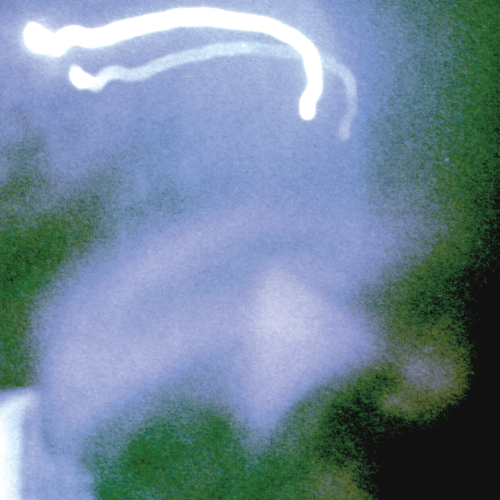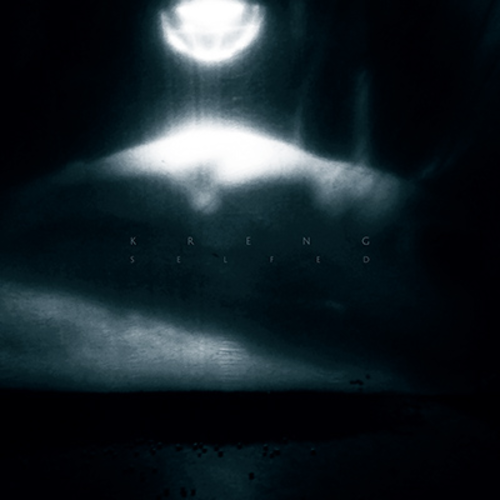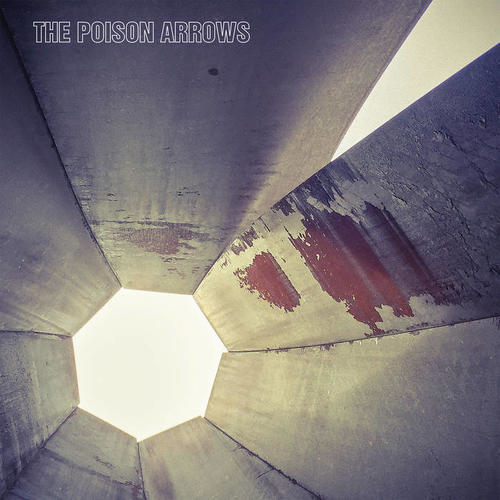 Suicide are an odd band.
Suicide are an odd band.
Considered legendary influencers today, at the time (at least, according to the excellent No Dogs In Space podcast series on them) both reviled and adored — people hated the music, but loved Alan Vega and Martin Rev, so kept giving them gigs. Some people got it, though, perhaps most notably Bruce Springsteen, whose album Nebraska bears all the bloodstains of their debut album’s iconic sleeve.
I first became aware of their existence due to Spacemen 3‘s track “Suicide”, but didn’t really hear any of their songs until The Rollins Band covered “Ghost Rider” on The Crow soundtrack. Rollins, of course, is a MASSIVE fan, and nobody fanboys like Henry fanboys. When Alan Vega died at the age of seventy-six, it was Henry who broke the news to fans. And it’s Henry who’s curated Surrender, a new compilation to introduce a new generation to a band who really, really committed to doing their own thing.If, like me, you were only really familiar with the first album, some of the later stuff is a revelation. A lot of the lo-fi brutalism of that record falls away, and starts to look more like a matter more born from necessity than design. For all the self-destructive violence of their live shows, Suicide were always a rock and roll band at heart, Vega’s stoned Elvis vocals stretching to a more than passable Bryan Ferry on 1980’s “Diamonds, Fur Coat, Champagne”, which is an excellent slice of dark pop music.
Bit of an aside — just prior to reviewing this album, I had read Bruce Sterling‘s Schismatrix, which was a similar experience of “oh, THAT’s where that trope comes from” to the feeling I get from Surrender — it’s easy to chuck around the word “influential”, but, well, the evidence is right before you on this one. Odd as it may seem, there’s something about their early lo-fi electronic rock that prefigured (only by about a year, mind) the very-much-not-electronic Birthday Party, a similar sludgy blues chaos punctuated by screaming. And, of course, “Rocket USA” set the stage for Sigue Sigue Sputnik‘s entire career.
But they never lost that dark edge — 2002’s “Dachau, Disney, Disco” from American Supreme is reminiscent of a slightly more structured Throbbing Gristle, and “Wrong Decisions” from the same album uses that sample from Isaac Hayes‘ Shaft to punctuate a track that would, had Cabaret Voltaire not already used the phrase, come under the heading of “groovy, laid-back and nasty”.
This compilation has been a real ear-opener for me, to be honest. I’d always focused on the noise and the whole living-in-the-shadow-of-the-Vietnam-war vibe, but there were many more strings to Suicide’s bow than I’d ever really appreciated — if you’ve never really taken a deep dive into their catalogue, or if you’re coming to them fresh, this is an ideal place to start.
For me, that horror epic of PTSD and family annihilation IS Suicide, and to this day remains one of the more terrifying pieces in my collection (up there with Tom Waits‘ “What’s He Building In There?” as “favourite horror stories that were somehow released as rock music“). This version is great an’ all, but the narrative’s less frightening and less coherent, and as a result lacks some of that visceral edge. It’s a fascinating addition, but I think if Surrender is intended to be a primer for new listeners, the pure, unvarnished horror of the original album version would have been a far better choice.
But don’t let that put you off — my advice, if you’re unfamiliar with them, is listen to Surrender right up to the track before last, go find the standard version of “Frankie Teardrop”, do that, and then if you can face throwing yourself back in, listen to this one. As I say, it’s still a great track, just a little odd for me.Other than that, though, I can’t think of a better way to discover this legendary band who nobody thought much of at the time but who cast a VERY long shadow over stuff that you almost certainly like, but whose roots you couldn’t see. Try it — they’re a lot deeper than you think.
-Justin Farrington-



